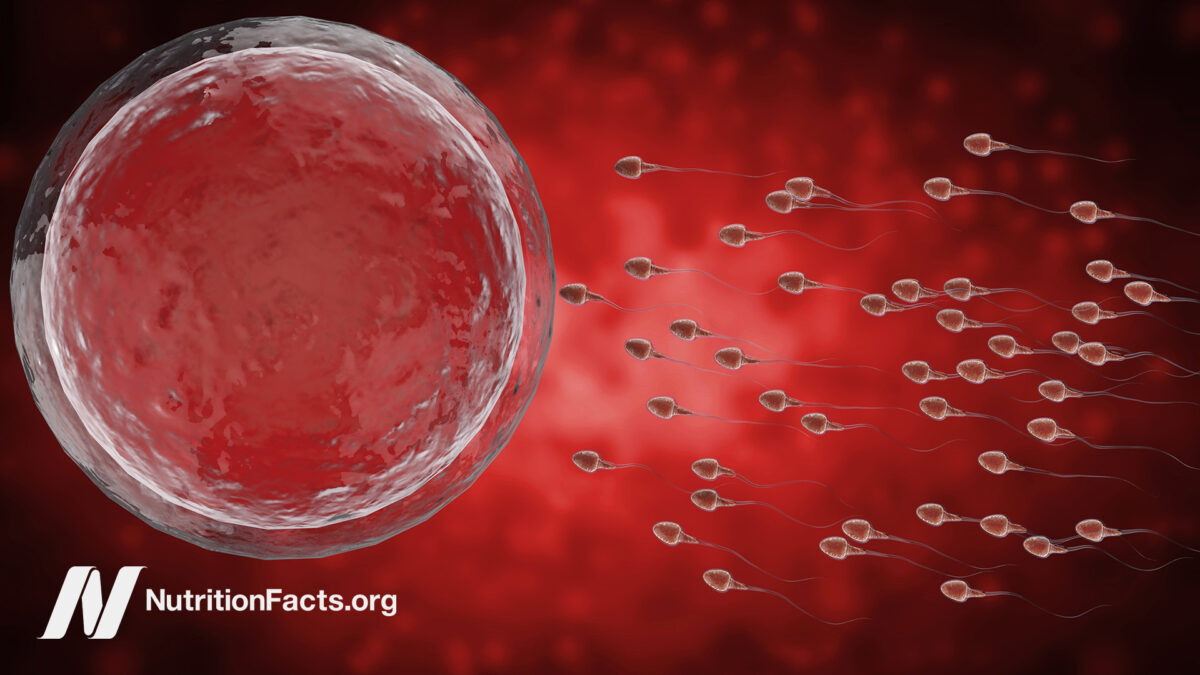
Women's Health
Our food choices may play a significant role in health issues affecting women, including menstruation and menopause, pregnancy and breastfeeding, and risk for certain types of cancer.
Besides skin cancer, breast cancer is the most common cancer among American women. To demonstrate how dramatically lifestyle choices may impact breast cancer risk, researchers followed about 30,000 postmenopausal women with no history of breast cancer for about seven years. Limiting alcohol, eating mostly plant foods, and maintaining a normal body weight was associated with a 62 percent lower risk of breast cancer.
Remarkably, eating a plant-based diet along with walking every day may improve our cancer defenses within just two weeks. Researchers attributed this effect to a decrease in levels of a cancer-promoting growth hormone called IGF-1, likely due to the reduced intake of animal (meat, egg white, and dairy) protein.
What about carcinogens in cooked meat? Women who eat more grilled, barbecued, or smoked meats over their lifetimes may have as much as 47 percent higher odds of breast cancer.
Consumption of animal-based products have also been implicated in earlier onset of puberty for girls, which had begun when girls were on average 16 or 17 until the 20th century, but now we see significant numbers of girls starting to grow breasts before they’re 8 years old, and increased risk of infertility.
Polycystic ovary syndrome (PCOS), potentially the most common hormonal abnormality among young women in the United States and a common cause of infertility, menstrual dysfunction, and excess facial and body hair—may also be affected by diet. Advanced glycation end products (AGEs) may contribute to the cause of PCOS and infertility. So, in addition to not smoking, we should decrease consumption of foods high in protein and fat, and rich in AGEs, such as meat, cheese, and egg yolks, and increase intake of foods high in antioxidants, such as berries, herbs, and spices.
Plant-based diets appear to offer relief from a variety of menstrual symptoms, including bloating and breast pain (cyclical mastalgia), and women suffering with dysmenorrhea—painful, crampy periods—who switch to a plant-based diet experience significant relief in menstrual pain intensity and duration.
For substantiation of any statements of fact from the peer-reviewed medical literature, please see the associated videos below.
Popular Videos for Women's Health


Menopausal Hot Flashes Are Not Inevitable
Why do 85 percent of menopausal women suffer hot flashes in some countries but only...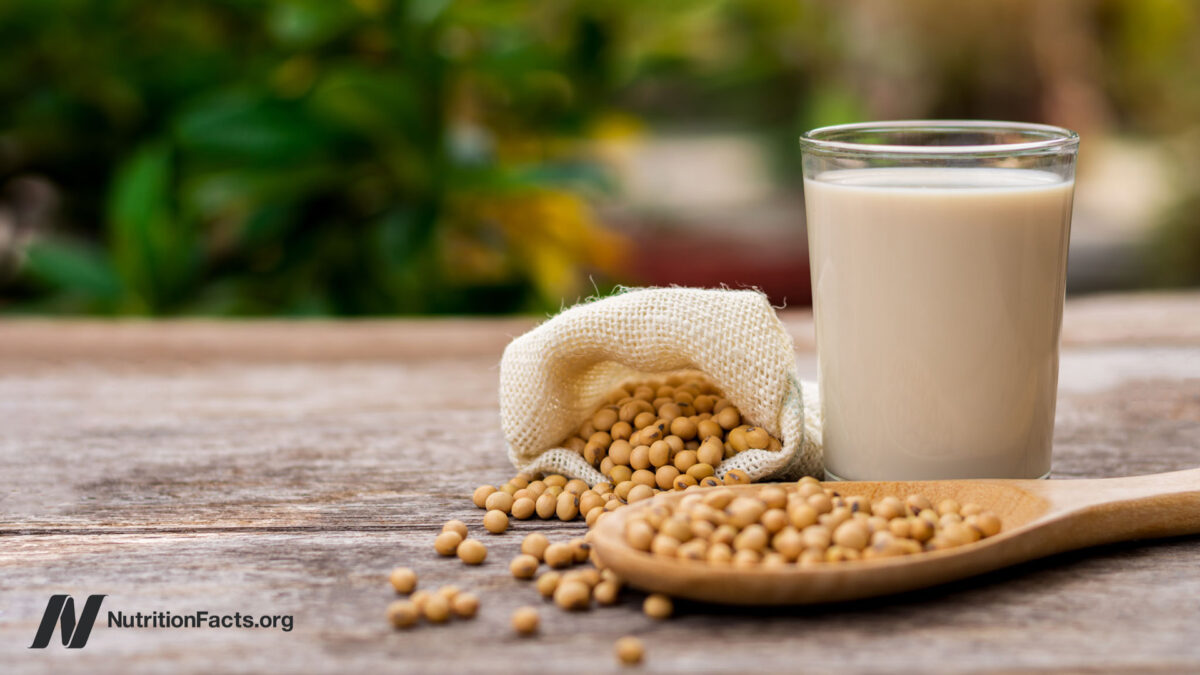
Soy Milk for Vaginal Menopause Symptoms
Soy foods may explain why Japanese-American women not only have the lowest rates of hot...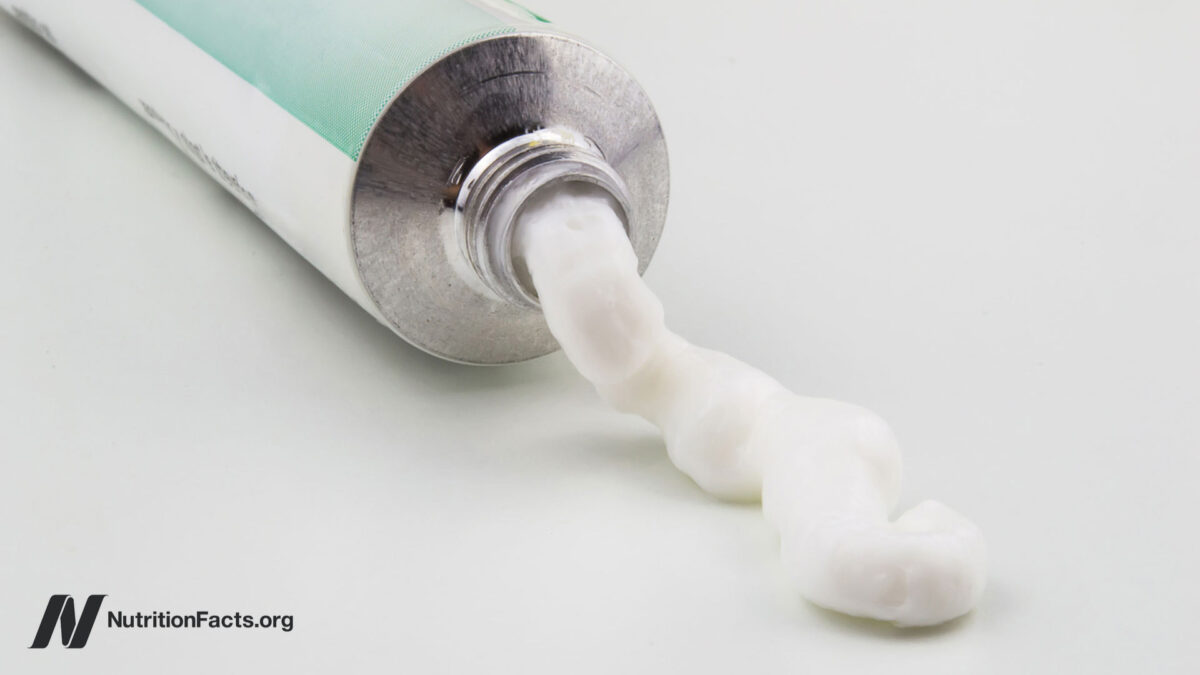
Hormone Treatment (Estrogen Pills and Creams) for Vaginal Menopause Symptoms
Does vaginal estrogen carry the same risk as oral estrogen?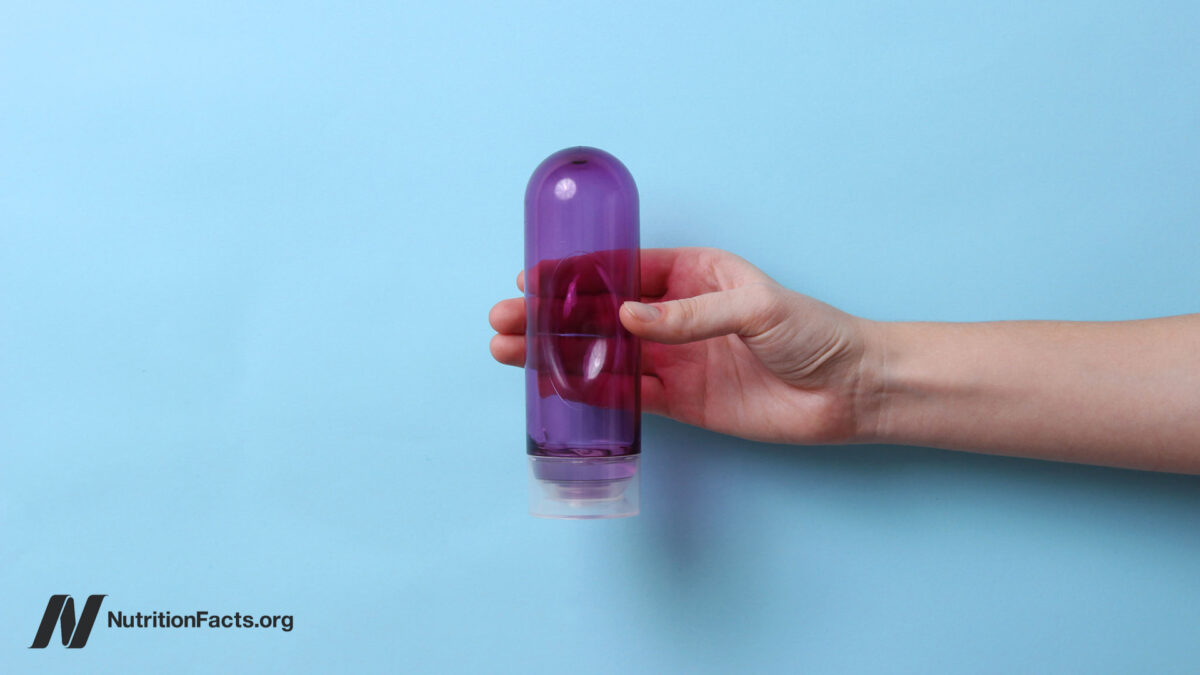
The Best Moisturizers and Lubricants for Vaginal Menopause Symptoms
I discuss the first-line management of genitourinary syndrome of menopause (vulvovaginal atrophy).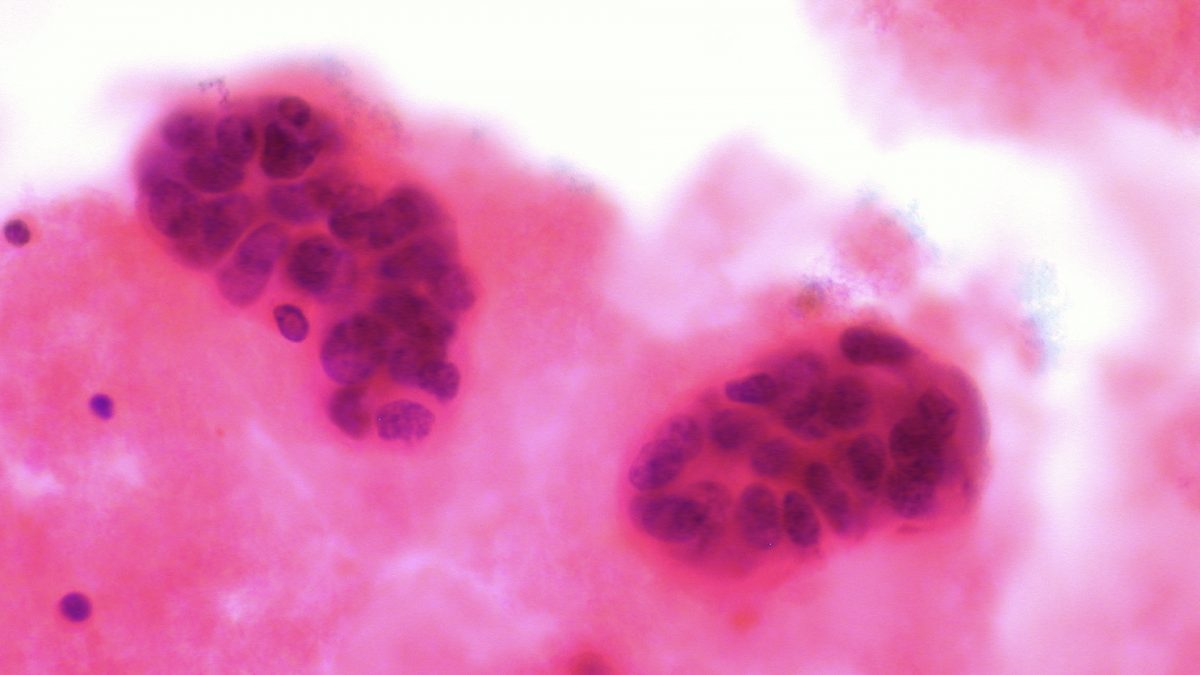
Oxidized Cholesterol 27HC May Explain 3 Breast Cancer Mysteries
Oxidized cholesterol (concentrated in products containing eggs, processed meat, and parmesan cheese) has cancer-fueling estrogenic...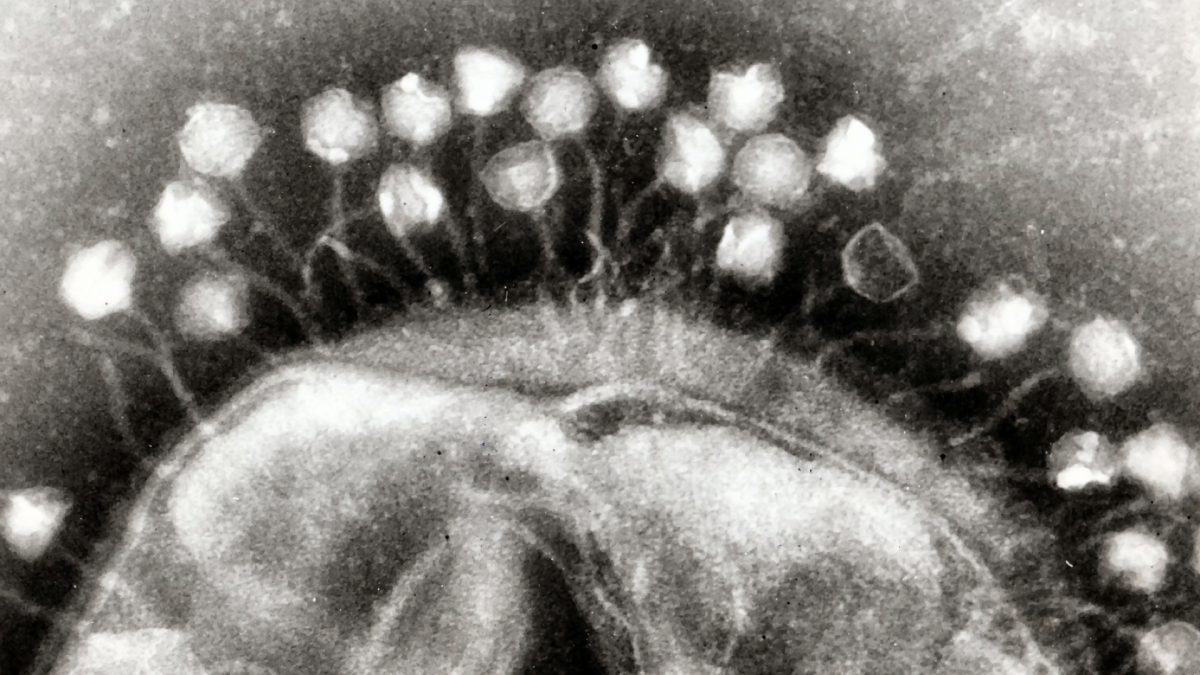
What About Kosher and Organic Chicken?
Comparing contamination rates for antibiotic-resistant E. coli and ExPEC bacteria that cause urinary tract infections
Is Lipstick Safe Given the Lead Contamination?
Dozens of lipsticks and lip glosses are put to the test.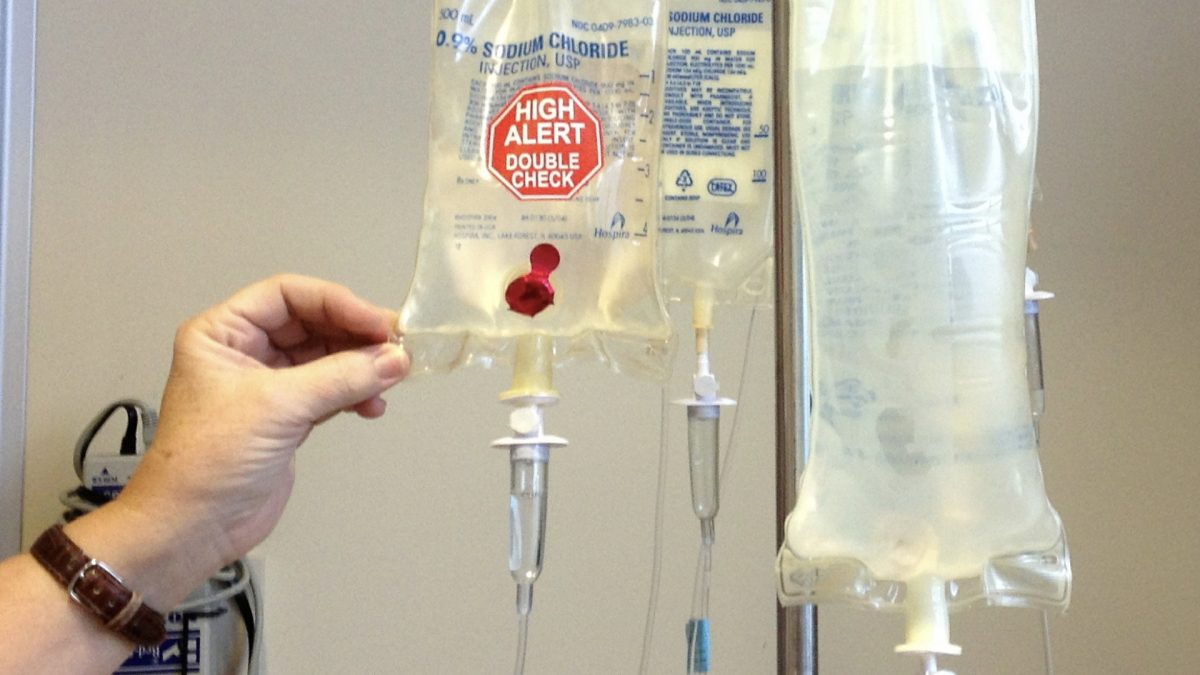
Women Deserve to Know the Truth About Mammograms
What do nine in ten women say they were never told about mammograms, even though...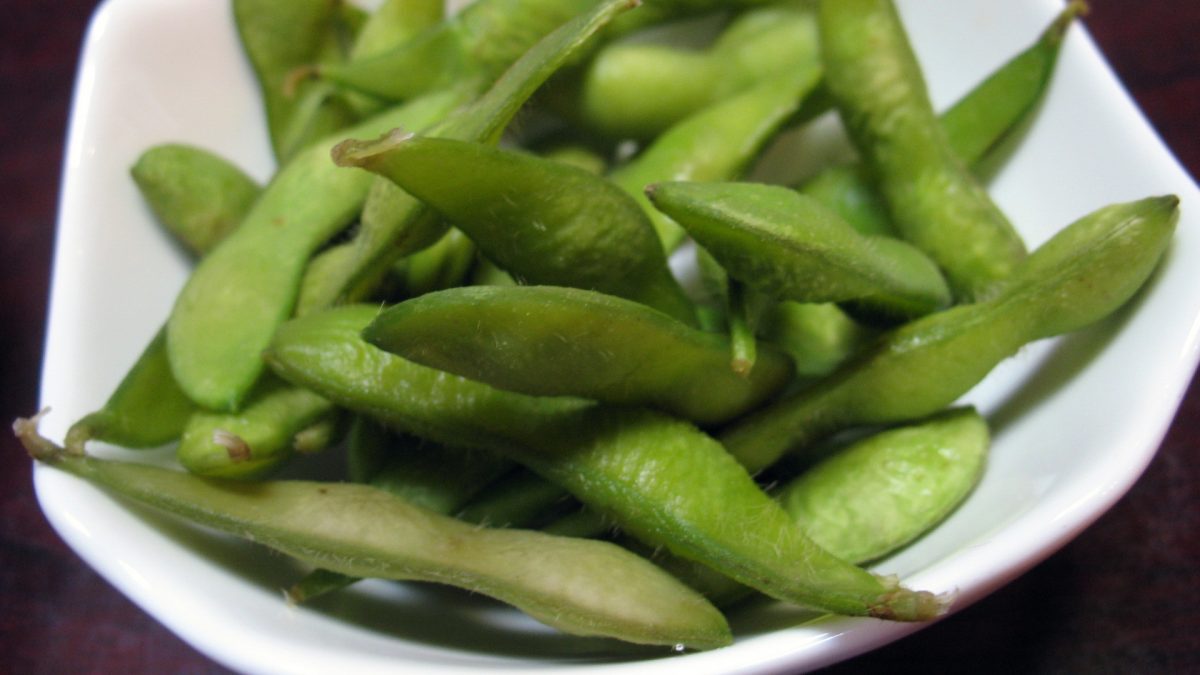
Soy Phytoestrogens for Menopause Hot Flashes
Does soy food consumption explain why Japanese women appear to be so protected from hot...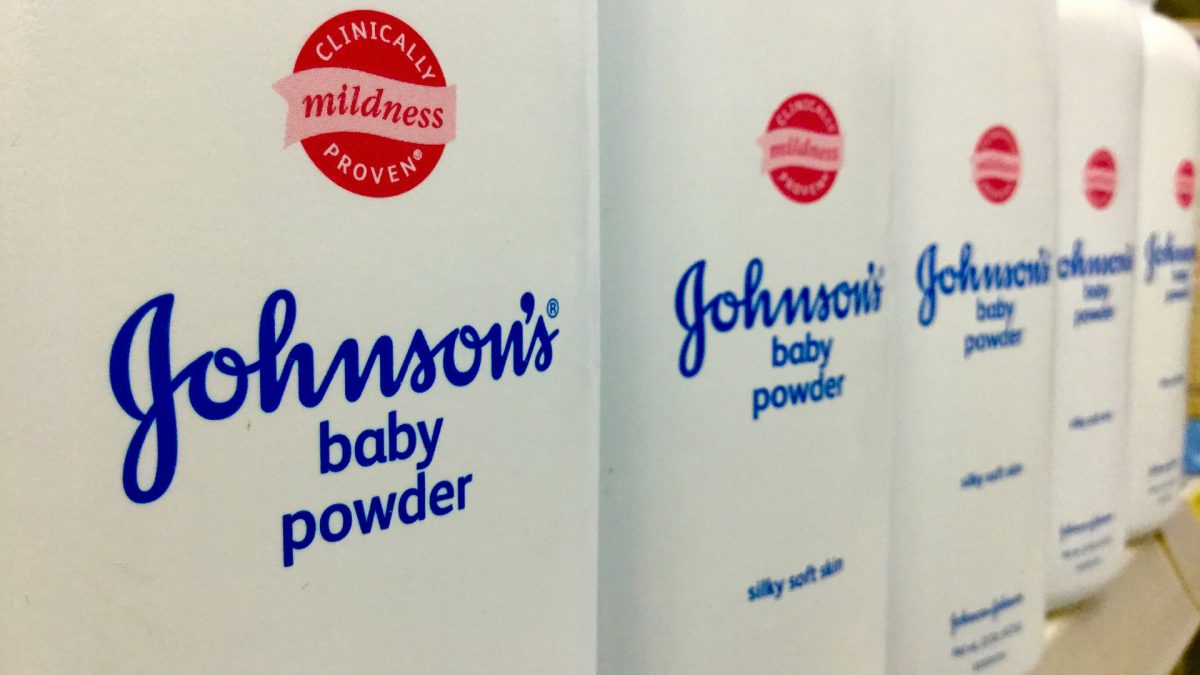
Talcum Powder and Fibroids
What role does diet and baby powder play in the development of fibroids and ovarian...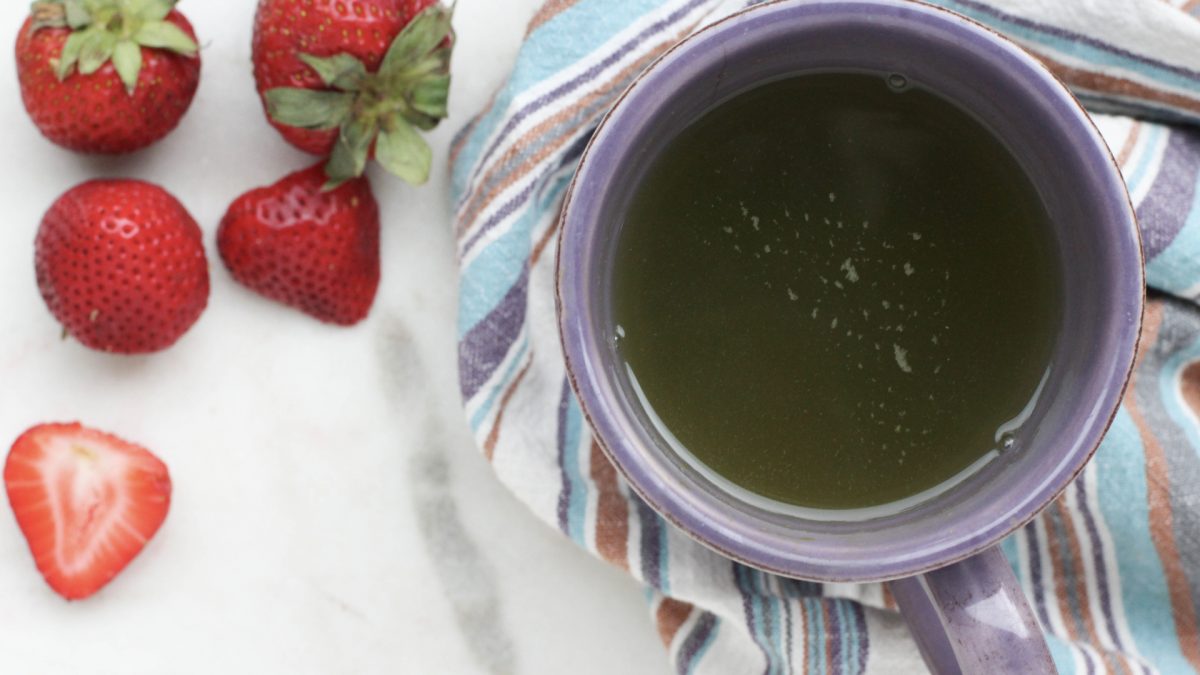
The Best Food for Fibroids
Women with uterine fibroids should consider adding green tea to their daily diet, as a...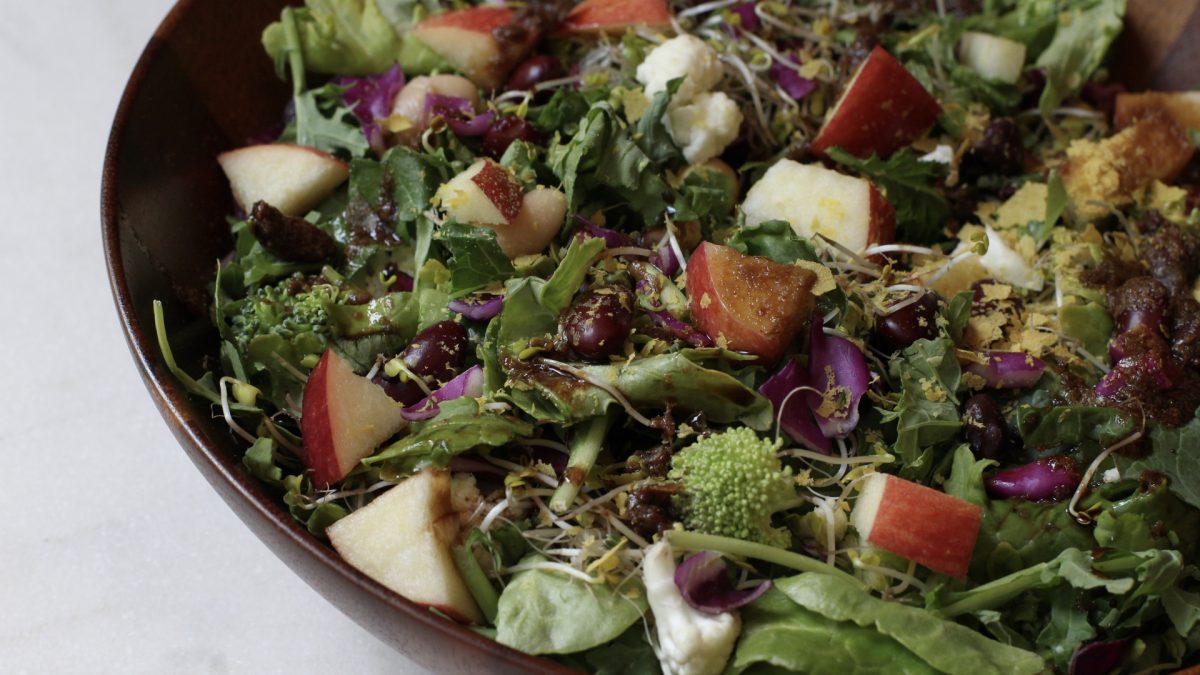
The Best Diet for Fibroids
The same diet that helps regulate hormones in women may also reduce exposure to endocrine-disrupting...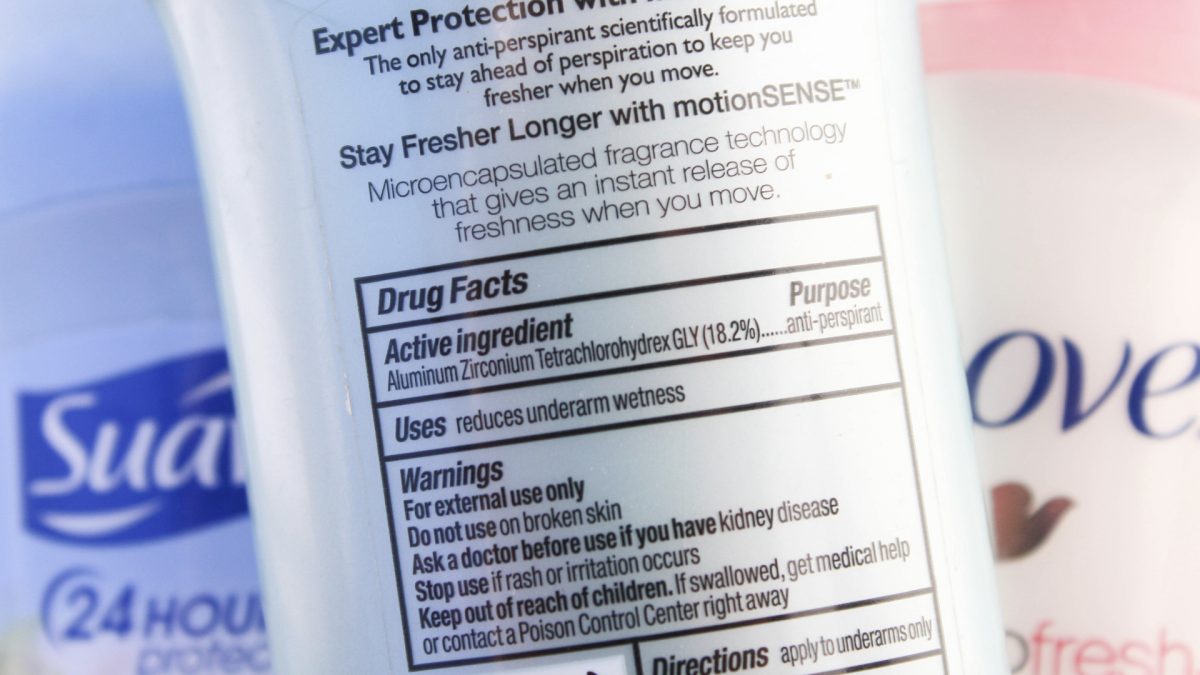
Antiperspirants and Breast Cancer
Shaving before applying underarm antiperspirants can increase aluminum absorption. Could this explain the greater number...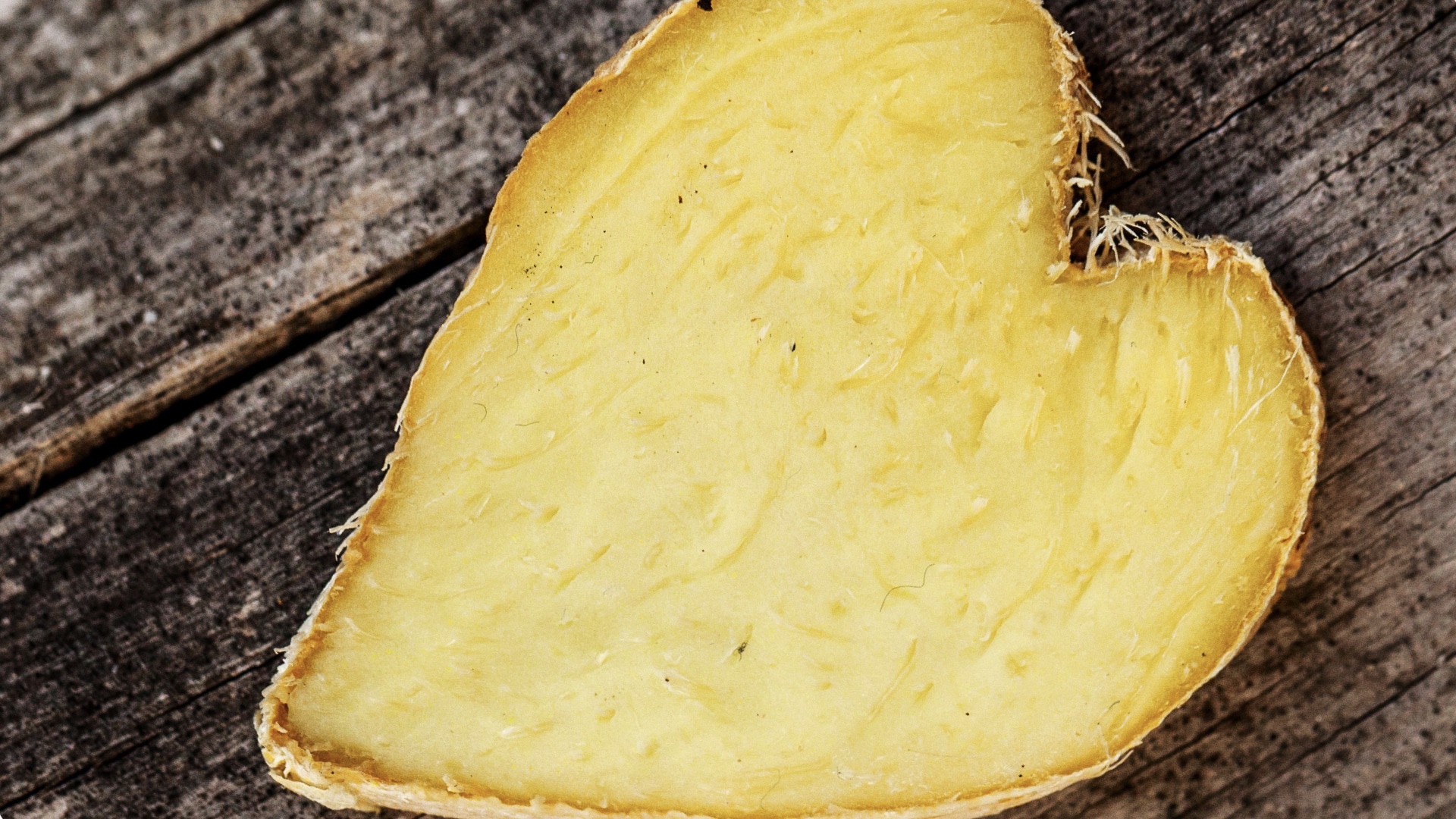
Benefits of Ginger for Menstrual Cramps
An eighth of a teaspoon of ground ginger power is tested head-to-head against the leading...
Best Foods for Polycystic Ovary Syndrome (PCOS)
Which foods and cooking methods should we choose and avoid, given the role advanced glycation...
How to Treat Endometriosis with Seaweed
Five cents’ worth of seaweed a day may dramatically improve a major cause of disability...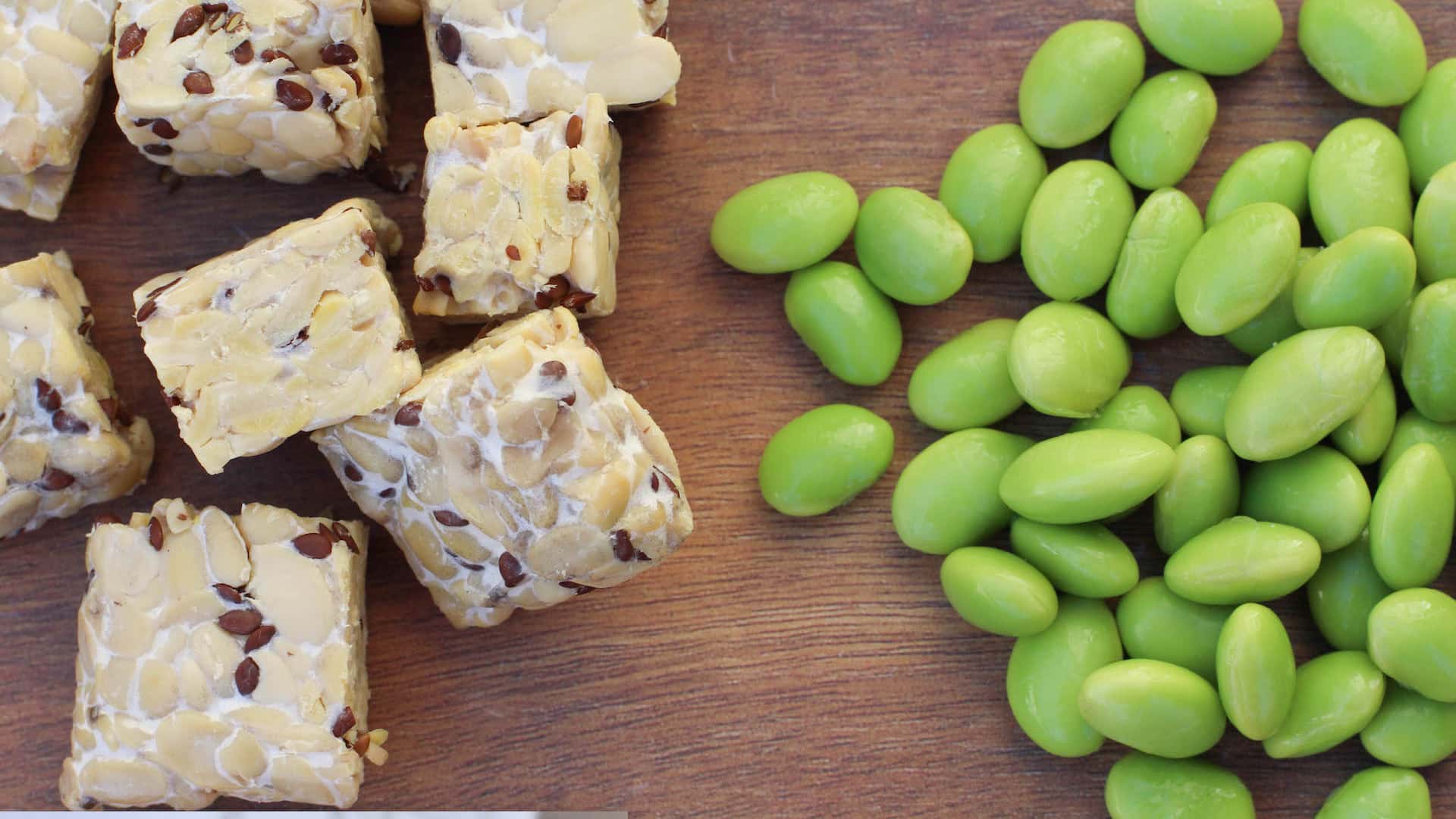
Is Soy Healthy for Breast Cancer Survivors?
What role do soy phytoestrogens play in the prevention and treatment of breast cancer?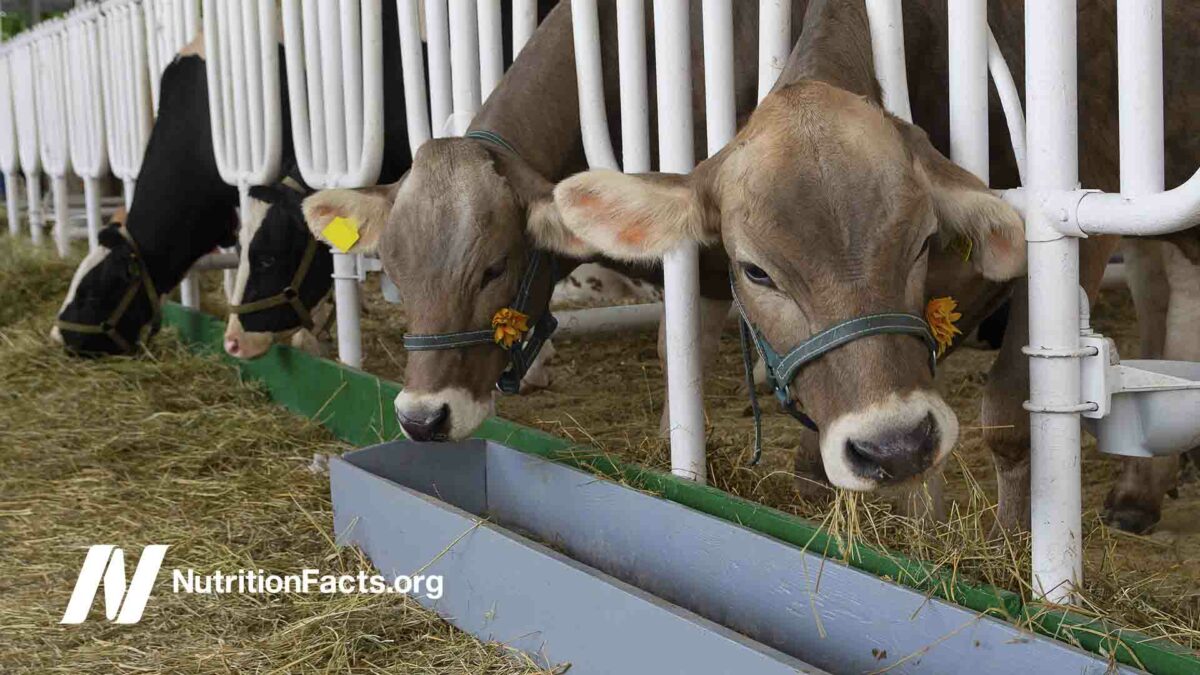
The Role of Bovine Leukemia Virus in Breast Cancer
As many as 37 percent of human breast cancer cases may be attributable to exposure...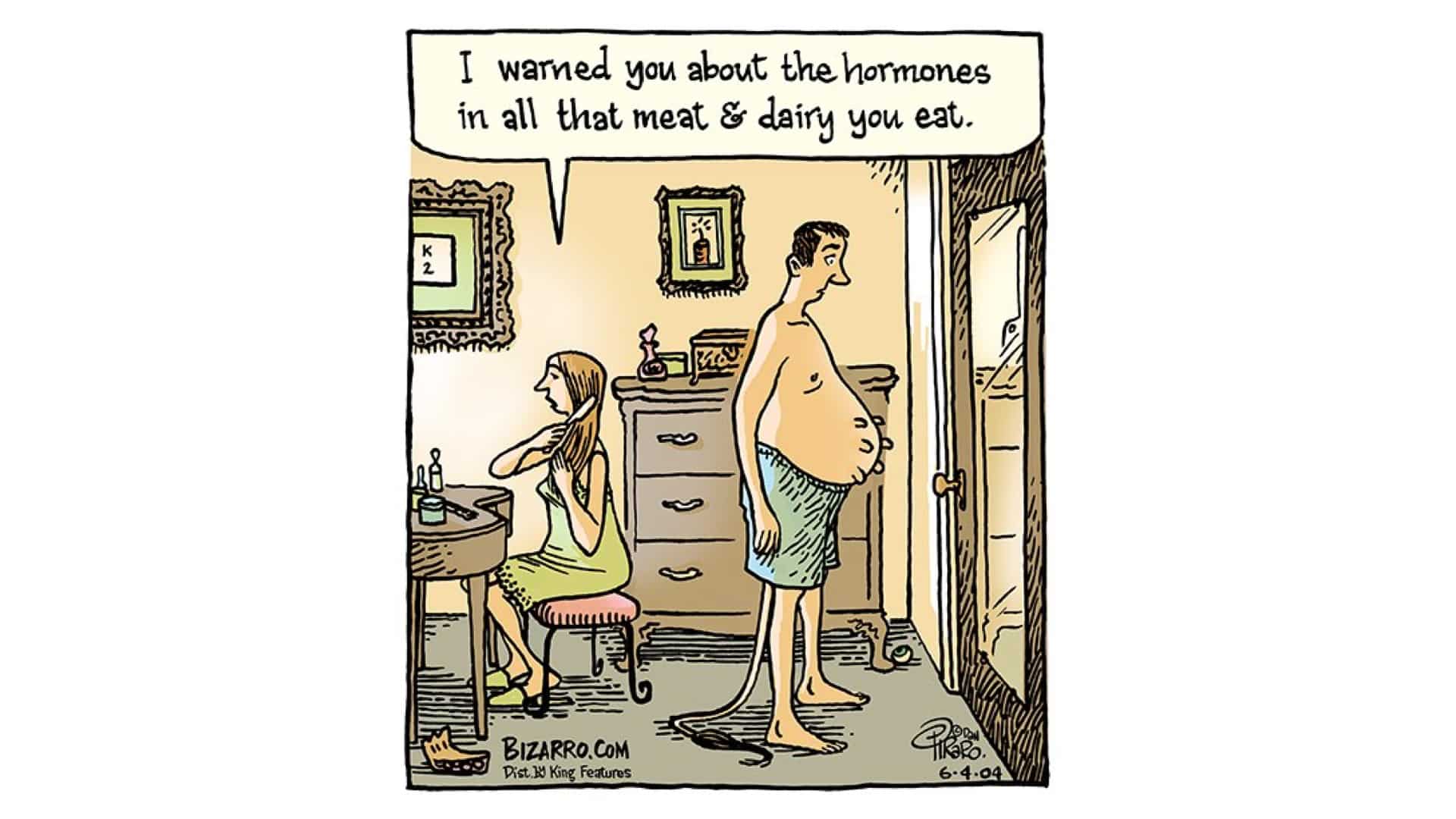
Zeranol Use in Meat and Breast Cancer
Anabolic growth-promoting drugs in meat production are by far the most potent hormones found in...
Are Calcium Supplements Safe?
The unnaturally large, rapid, and sustained calcium levels in the blood caused by calcium supplements...
Is Milk Good for Our Bones?
The galactose in milk may explain why milk consumption is associated with significantly higher risk...
Breast Cancer and Constipation
The reason why women who have more frequent bowel movements appear to be at lower...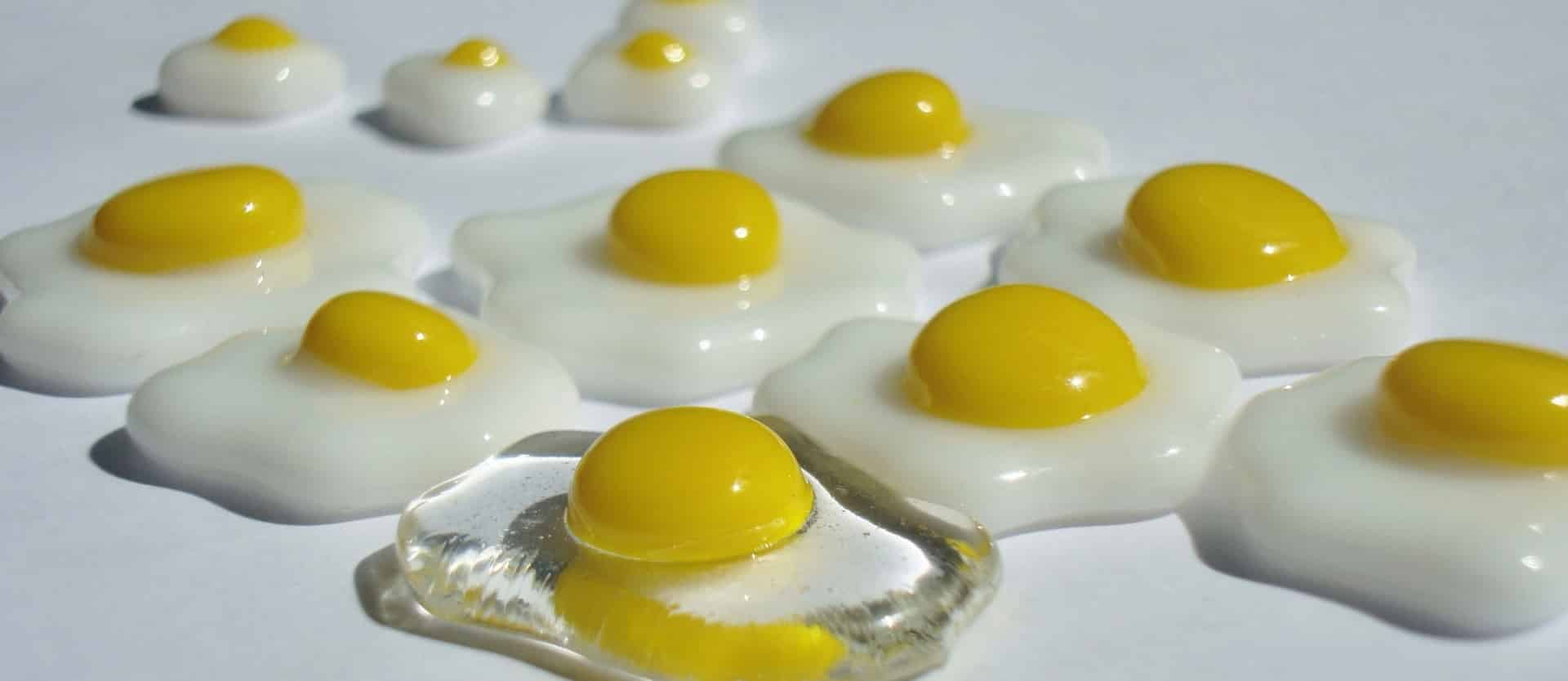
Cholesterol Feeds Breast Cancer Cells
Cholesterol appears to stimulate the growth of human breast cancer cells—which may explain why phytosterol-rich...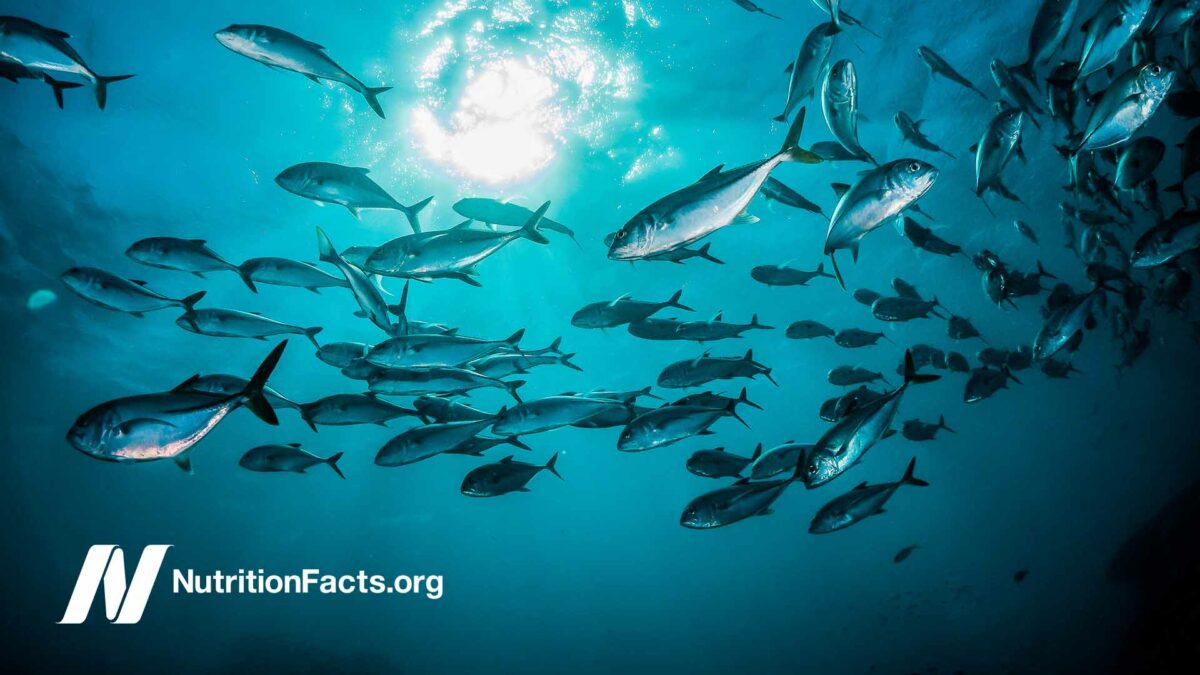
How Long to Detox from Fish Before Pregnancy?
How many months does it take to clear 99% of the mercury and other industrial...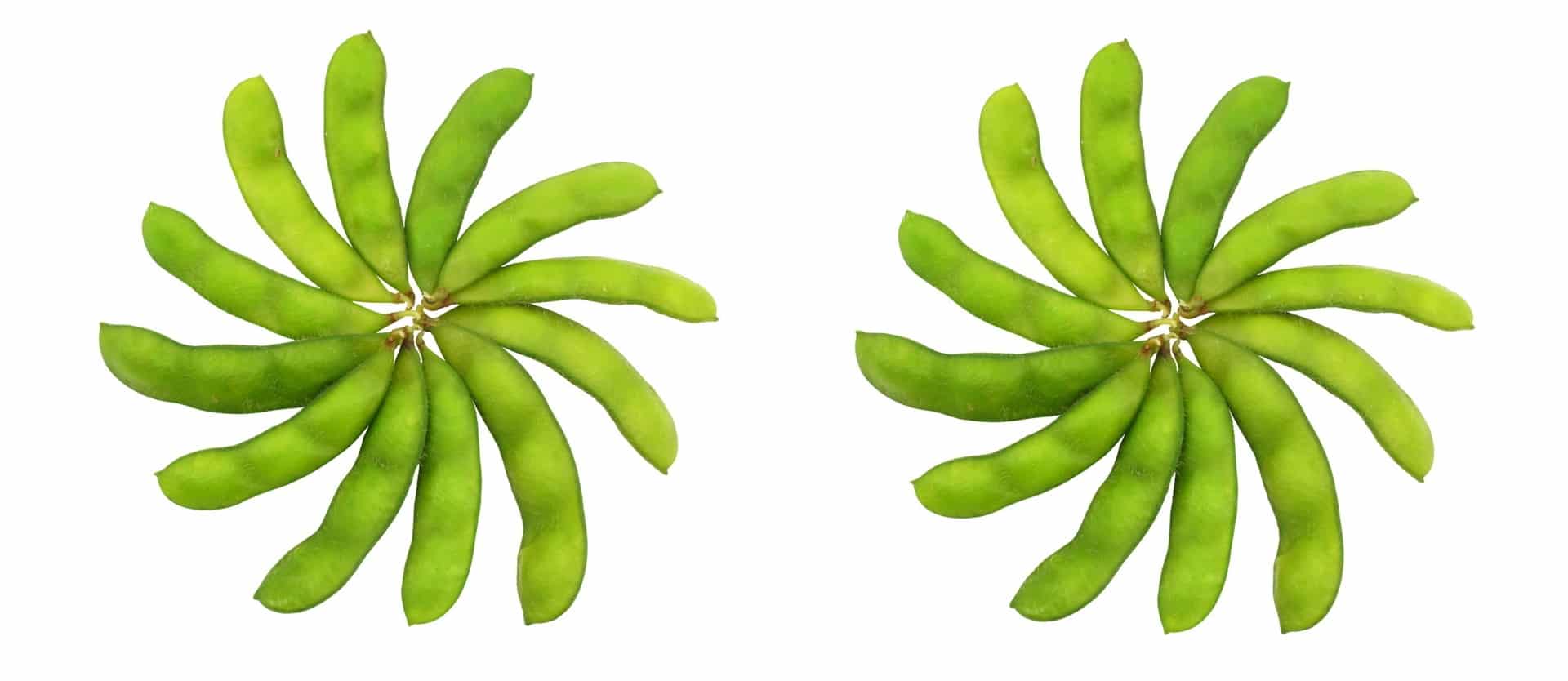
BRCA Breast Cancer Genes and Soy
One reason why soy consumption is associated with improved survival and lower recurrence rates in...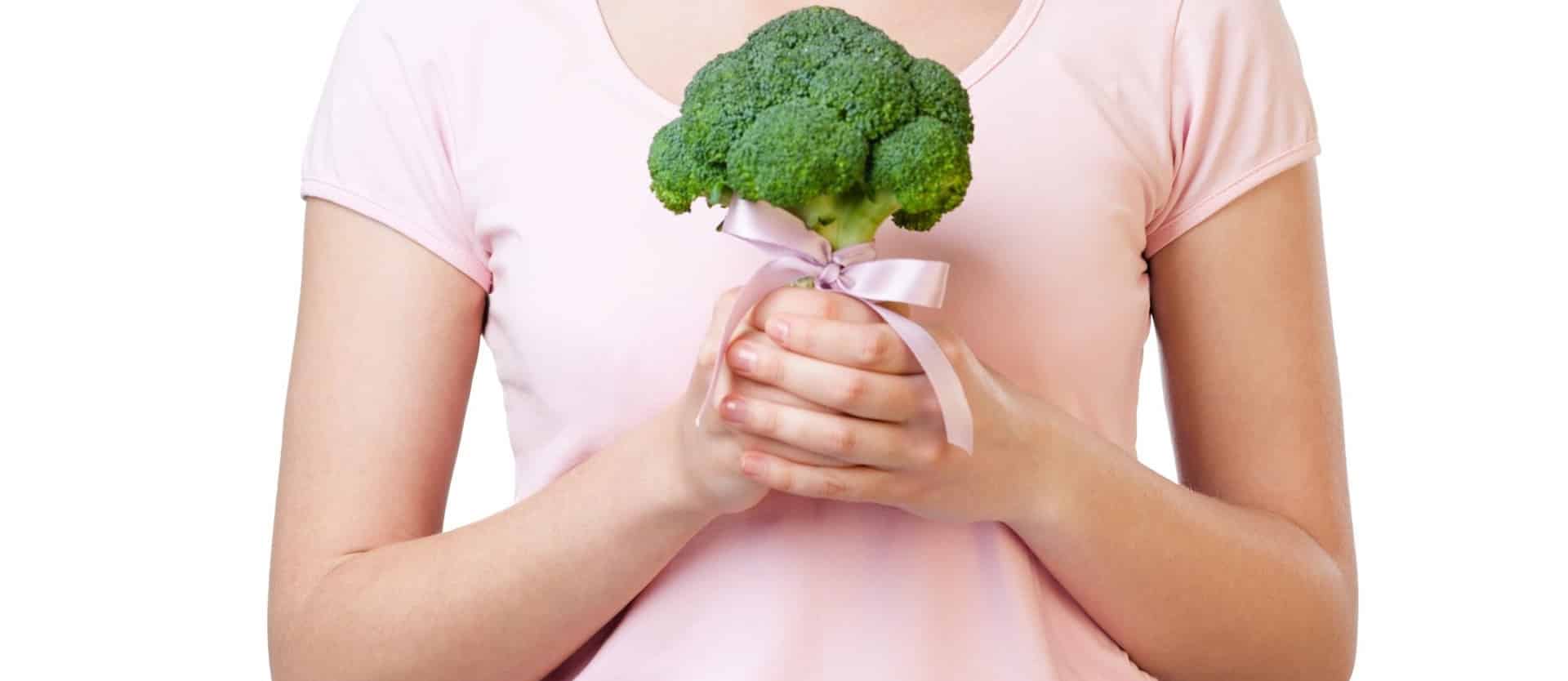
Breast Cancer Survival Vegetable
Simple changes in diet and lifestyle may quadruple a woman’s survival rate from breast cancer.
Dietary Treatment for Painful Menstrual Periods
Women suffering with dysmenorrhea who switch to a plant-based diet experience significant relief in menstrual...
Breast Cancer and Alcohol: How Much Is Safe?
Nearly 5,000 breast cancer deaths a year may be attributable to just light drinking (up...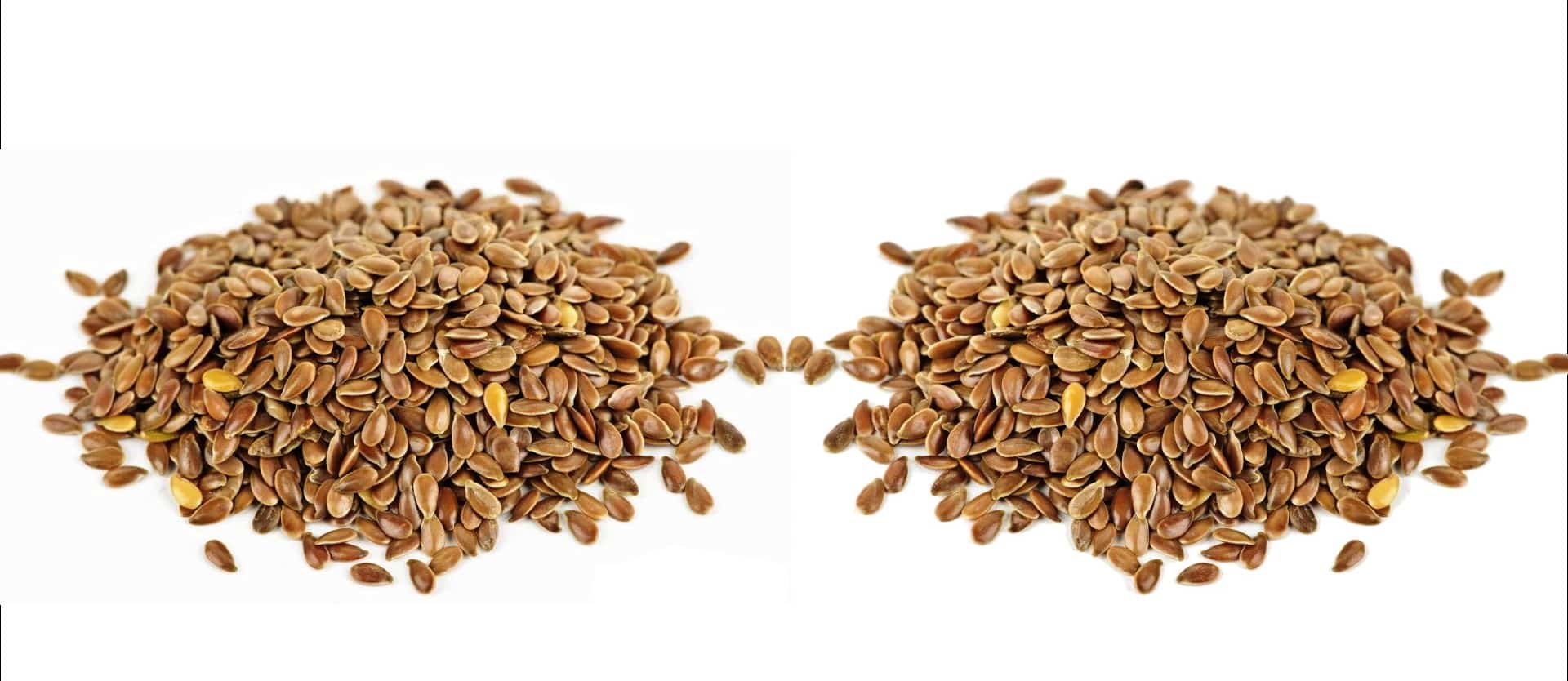
Flaxseeds for Breast Pain
A tablespoon a day of ground flax seeds appears to improve ovarian function, and is...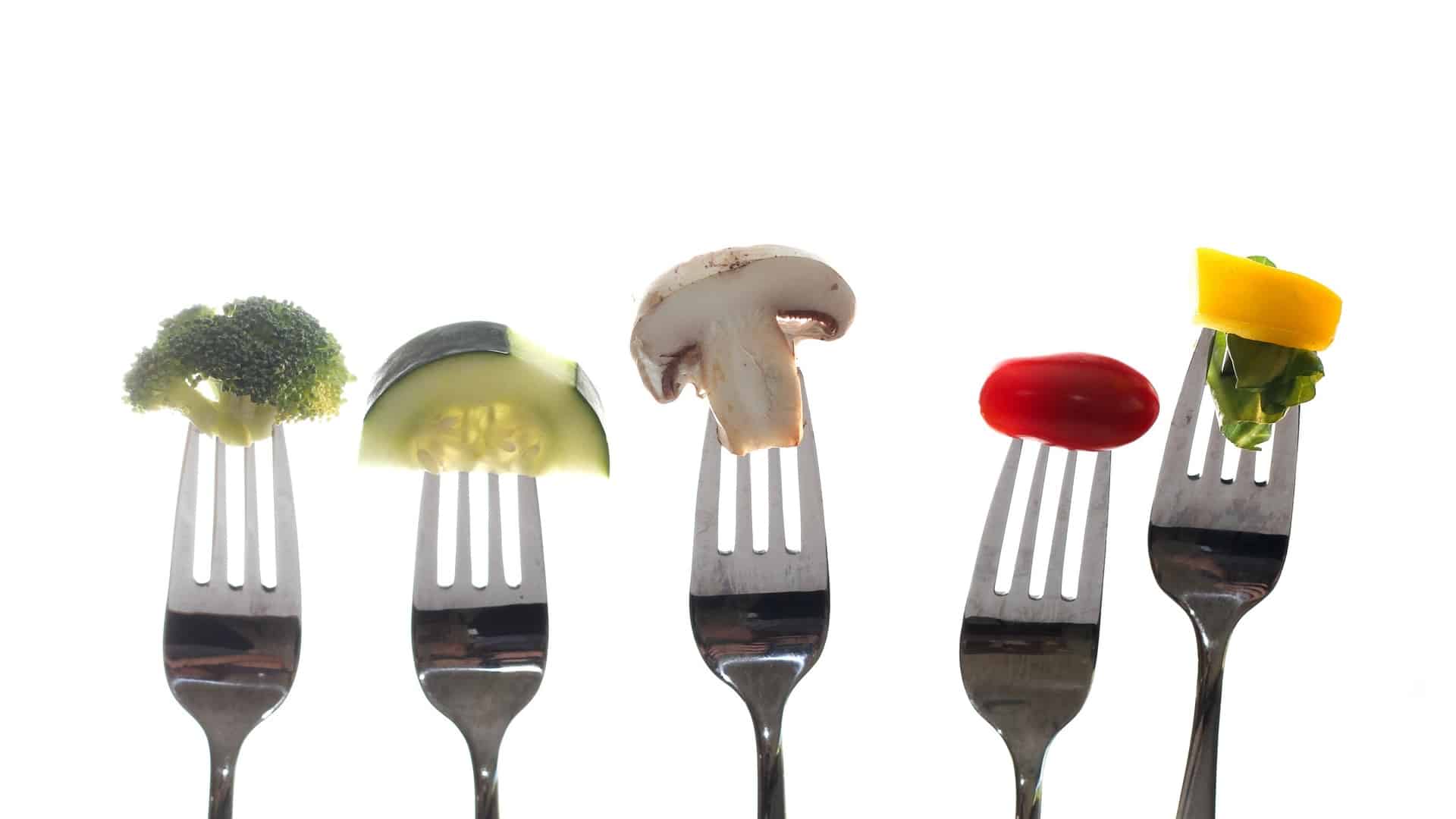
Which Dietary Factors Affect Breast Cancer Most?
American Institute for Cancer Research recommendation compliance associated not only with cancer prevention and survival...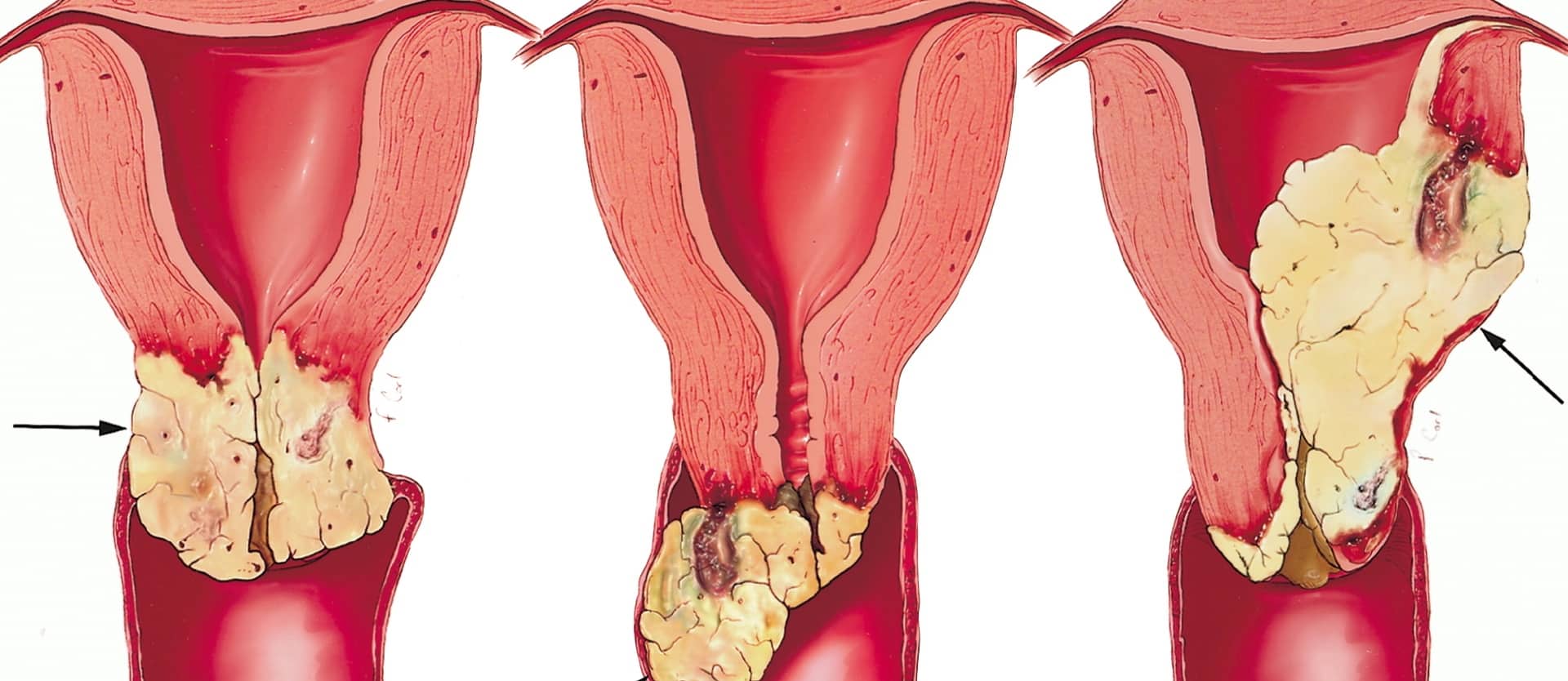
Why Might Vegetarians Have Less HPV?
Most young women get infected with human papilloma virus, the cause of cervical cancer, but...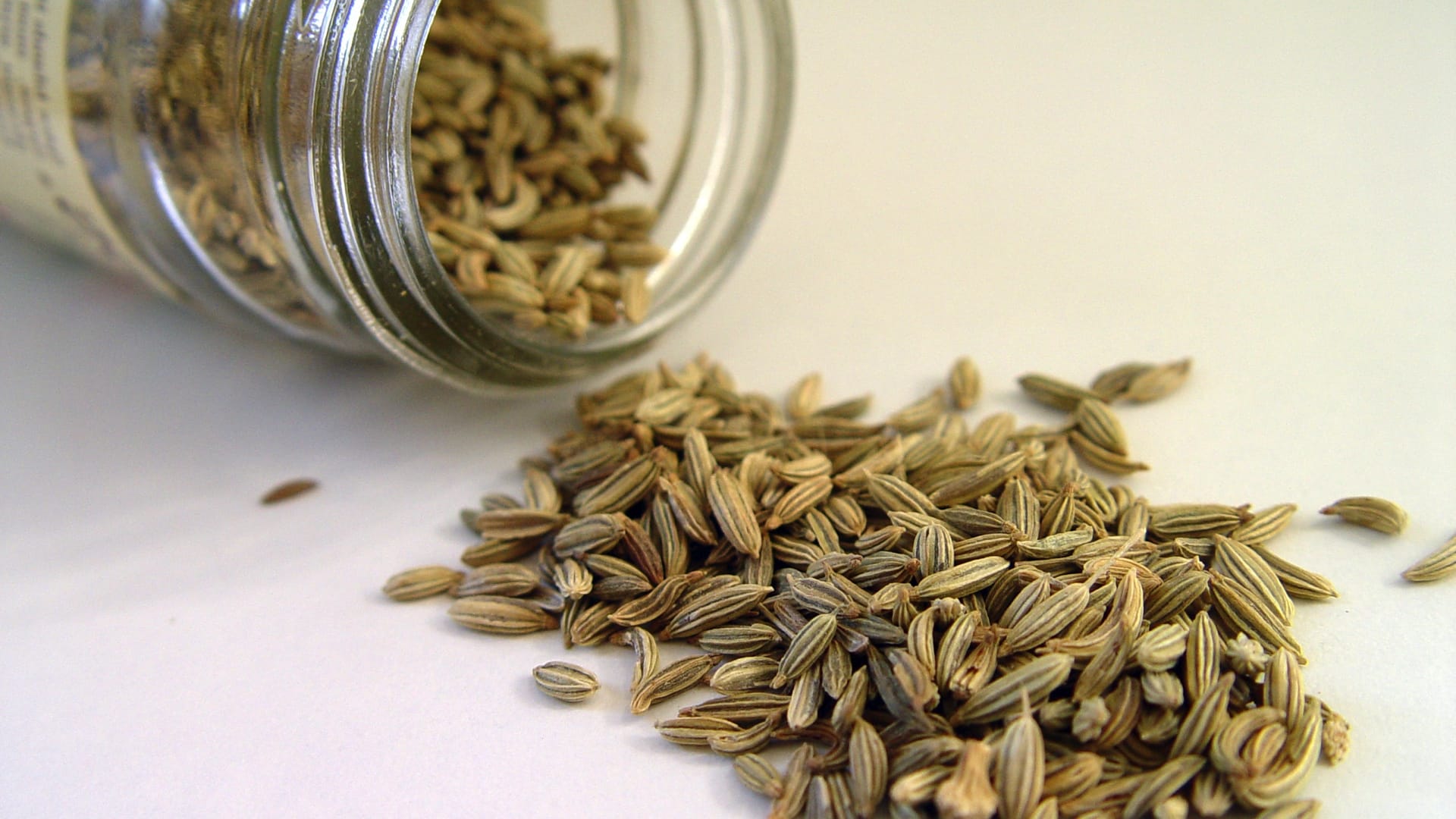
Fennel Seeds for Menstrual Cramps and PMS
Fennel seeds can work as effectively as drugs like ibuprofen for painful periods, and an...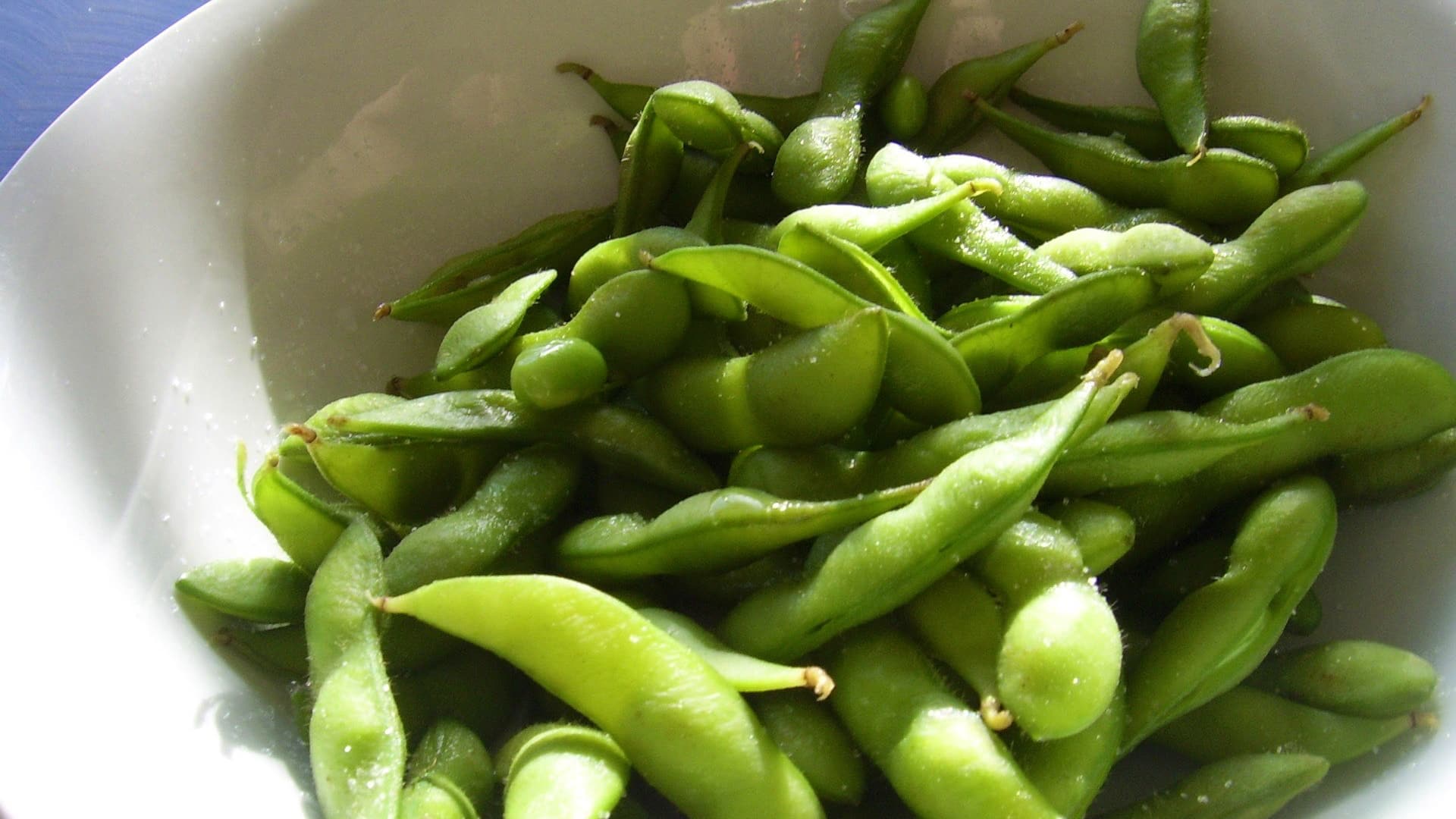
Who Shouldn’t Eat Soy?
How can soy foods have it both ways with pro-estrogenic effects in some organs that...All Videos for Women's Health
-

Is FDA-Approved Bioidentical Hormone Replacement Therapy Safe?
As of 2019, there are urine-free FDA-approved bioidentical hormones that skirt the standardization concerns of compounded preparations. Are they any safer?
-

Side Effects of Resveratrol Supplements
Resveratrol supplements may blunt some of the positive effects of exercise training.
-

Resveratrol Tested for Alzheimer’s, Arthritis, and Osteoporosis
Resveratrol appears to triple the rate of age-related brain shrinkage.
-

How to Boost Collagen Synthesis with Diet
Which foods can increase collagen deposition and prevent wrinkles?
-

Side Effects of Osteoporosis Medications Like Fosamax, Boniva, and Reclast
How rare are the bisphosphonate class of osteoporosis drugs’ devastating side effects, which ironically include bone fractures?
-

How to Delay the Age of Menopause with Diet and Lifestyle Factors
Approximately half of the variability of age of menopause among women is explained by genetics. What behaviors or circumstances can help explain the rest?
-

How Well Do Medicines Like Fosamax Work to Treat Osteoporosis?
Doctors and patients alike vastly overestimate the power of bisphosphonate drugs to prevent fractures.
-

The Benefits and Side Effects of Ginseng
What do more than 100 clinical trials on red ginseng, white ginseng, and American ginseng show?
-

DHEA: What Is It and What Are Its Benefits?
DHEA levels naturally decline with age. Does replenishing youthful levels have restorative effects?
-

Do Vitamin D Supplements Help Prevent Diabetes, Cancer Mortality, and Overall Mortality?
Randomized interventional trials are necessary to establish cause-and-effect.
-

Acid Reflux Medicine May Cause Osteoporosis
Stomach acid–blocking proton pump inhibitor drugs—PPIs with brand names like Prilosec, Prevacid, Nexium, Protonix, and AcipHex—appear to significantly increase the risk of bone fractures.
-

How Not To Age – Live Presentation
In this live lecture, Dr. Greger offers a sneak peek into his latest book, How Not to Age, a New York Times Best Seller.
-

Soy Foods for Menopause Hot Flash Symptoms
Soy can be considered a first-line treatment for menopausal hot flash and night sweat symptoms.
-

Menopausal Hot Flashes Are Not Inevitable
Why do 85 percent of menopausal women suffer hot flashes in some countries but only 15 percent in others?
-

Caffeine Shampoo and Rosemary Oil for Hair Growth
I cover natural topical treatments for hair growth, including pumpkin seed oil, caffeine, green tea, pyrithione zinc, ginger, Chinese knotweed, and rosemary.
-

Soy Milk for Vaginal Menopause Symptoms
Soy foods may explain why Japanese-American women not only have the lowest rates of hot flashes in the United States but also have the lowest rates of vaginal dryness.
-

Hormone Treatment (Estrogen Pills and Creams) for Vaginal Menopause Symptoms
Does vaginal estrogen carry the same risk as oral estrogen?
-

The Best Moisturizers and Lubricants for Vaginal Menopause Symptoms
I discuss the first-line management of genitourinary syndrome of menopause (vulvovaginal atrophy).
-

The Side Effects of Yoga
What is the rate of yoga injuries compared to other activities?
-

Yoga Put to the Test for IBS, Inflammatory Bowel, Menopause, and Osteoporosis
A study using sham acupuncture underscores the necessity of controlling for expectancy effects.
-

Yoga Put to the Test for MS, Back Pain, Neck Pain, Insomnia, and Breast Cancer
Is yoga better than other types of exercise, better than nothing but similar to other physical activity, or not beneficial even when it’s compared to doing nothing at all?
-

How to Get a Good Night’s Sleep Without Sleeping Pills
Taking less than just 18 Ambien-class sleeping pills in an entire year may triple the risk of dying prematurely.
-

Is Soy Milk the Most Nutritious Non-Dairy Milk?
Soy milk is compared to dairy milk and other plant-based milks.
-

Targeting Angiogenesis to Lose Weight
Expanding body fat releases blood supply-generating factors that may end up hooking up tumors, too.
-

Plant-Based Pregnancy Outcomes and Breast Milk
The composition of breast milk is compared between vegetarian and nonvegetarian women.
-

Can Stress Cause Halitosis (Bad Breath)?
How can stress and menstrual cycles affect the smell of our breath?
-

The Impacts of Plant-Based Diets on Breast Cancer and Prostate Cancer
Why do people who eat more plants get less breast and prostate cancer?
-

Does Coffee Inhibit Iron Absorption? What Are the Effects of Having Too Much Iron?
Coffee and common herbal teas impair iron absorption, which may help explain some of their benefits.
-

Vinegar for Blood Sugar Control and Polycystic Ovary Syndrome (PCOS) Treatment
Apple cider vinegar may help with ovulatory function in those with PCOS.
-

The Best Diet for Fibromyalgia and Other Chronic Pain Relief
Anti-inflammatory diets can be effective in alleviating chronic pain syndromes.
-

The Best Diet for Cancer Patients
What diet should oncologists recommend?
-

Potential Vitamin and Mineral Deficiency Risks on a Vegan Diet
What is the best way to get the nutrients of concern on a plant-based diet?
-

Diet and Lifestyle for Cancer Prevention and Survival
What kind of diet should cancer patients eat?
-

Vitamin D May Explain Higher Bone Fracture Risk in Vegans
A combination of low calcium intake and low vitamin D exposure may explain higher bone fracture rates in British vegans.
-

Dietary Approach to Naturally Treating Menopause Symptoms
Specific foods have been shown in randomized controlled trials to improve symptoms like hot flashes.
-

The Benefits of Fenugreek for Preventing and Treating Diabetes
The spice fenugreek contains 4-hydroxyisoleucine, a peculiar amino acid that may explain its benefits for controlling blood sugar.
-

Fasting-Mimicking Diet Before and After Chemotherapy
How might we replicate the protective effects of fasting with food?
-

Fasting Before and After Chemotherapy Put to the Test
Do the benefits of short-term fasting during cancer therapy found in the lab translate into the clinical setting?
-

The Role of Kimchi and H. Pylori in Stomach Cancer
What explains the Achilles’ heel in certain Asian diets?
-

Fenugreek Benefits for Sexual Function, Painful Periods, and Milk Production
The hormonal benefits of fenugreek extend beyond the muscle-bulking testosterone boost.
